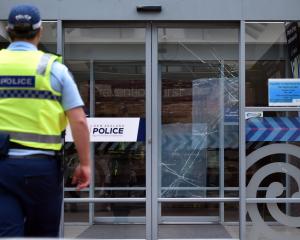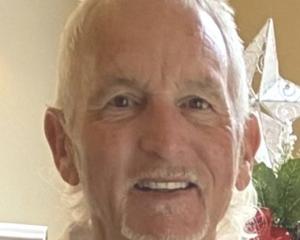Some Dunedin city councillors have already welcomed the prospect, saying the powers are needed to stop convoys of up to 100 cars "frightening" residents in Mosgiel and other parts of the city.
The powers were outlined in the Government's Land Transport (Enforcement Powers) Amendment Bill, which was before Parliament's transport and industrial relations committee.
Local authorities across New Zealand have been asked to make submissions on the Bill which would grant local authorities new powers to create bylaws targeting illegal street racing and associated antisocial behaviour.
The bylaws could allow councils to create new rules for roads they controlled, with fines of up to $500 for offences.
The powers were debated by Dunedin city councillors at a meeting of the council's infrastructure services committee this week.
While street racing was a relatively minor problem in Dunedin, deputy mayor Syd Brown said he supported efforts to help police crack down on convoys of boy racers parading through areas such as Mosgiel.
He cited one incident three weeks ago in which a convoy of up to 100 cars had driven through the town, revving engines but travelling below the speed limit.
"It was quite a frightening experience for the community, but in reality they were doing nothing wrong and police couldn't do anything with them," he said.
A similar situation had recently occurred in Andersons Bay, when a convoy of up to 80 cars was spotted "tracking around" streets in the area, councillors heard.
Crs Andrew Noone and Neil Collins also supported the new powers.
However, Cr Michael Guest was among those opposed to the new powers, describing the move as an "abomination" and "dereliction of government duty".
He said existing legislation covered the offences targeted, and any new rules should be set by the Government to ensure consistency between regions.
Several councillors were also concerned legitimate car rallies, or even funeral processions, could be caught out by the new rules.
Cr Dave Cull said the only difference between boy racers and a rally involving loud, United States-made V8 vehicles on Otago Peninsula was one group of vehicles was being driven by "geriatrics".
"I think this [the Bill] is sloppy, because it doesn't define cruising well enough," he said.
Councillors eventually voted to support a submission by council staff in favour of the Bill, which also urged careful consideration of the definition of cruising, so "legitimate" car events were not penalised.
Councillors also voted to express concern at councils being given the power to define what constituted an offence, believing it was a central government role.










